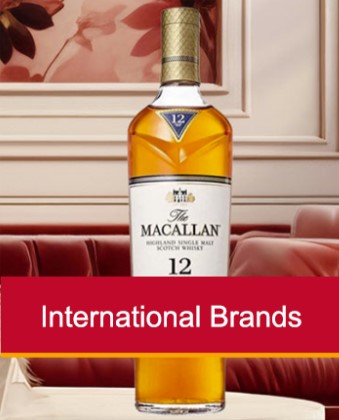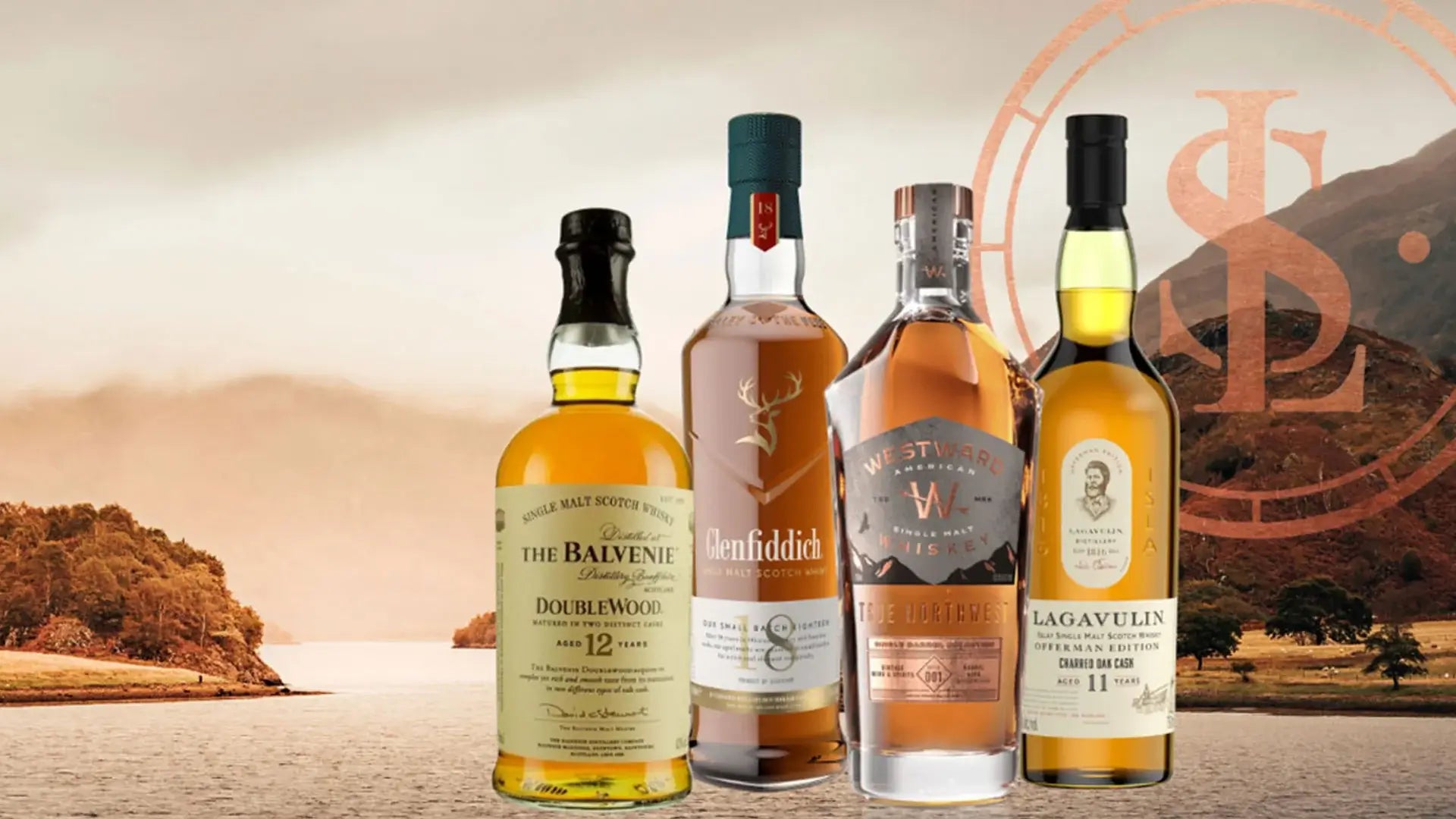Discovering how Scotch is made unveils a rich tradition of craftsmanship and heritage. This article explores the whiskey making process, guiding you through each step and revealing what makes Scotch whisky uniquely Scottish.
What is Scotch Whisky?
Scotch whisky is a distilled alcoholic beverage made exclusively in Scotland from malted barley and water, aged in oak barrels for at least three years. Its production is governed by strict legal requirements that distinguish it from other whiskies, ensuring authenticity and preserving traditional methods.
How Scotch Whisky is Made
Understanding how to make whisky involves several meticulous steps that transform raw ingredients into the complex flavors of Scotch.
- Malting: The process begins by soaking barley in water to initiate germination. The germinated barley, or green malt, is then dried in a kiln—often fueled by peat—which imparts smoky flavors characteristic of some Scotch whiskies.
- Mashing: The dried malt is ground into grist and mixed with hot water in a mash tun. This extracts fermentable sugars, creating a sugary liquid called wort, essential for fermentation.
- Fermentation: The wort is cooled and transferred to large vessels called washbacks. Yeast is added to convert sugars into alcohol over 48 to 60 hours, producing a beer-like liquid known as wash.
- Distillation: The wash is distilled twice in copper pot stills. The first distillation produces low wines, and the second distillation refines it into a clear spirit called new make spirit, capturing the heart of the distillate.
- Aging: The spirit is filled into oak casks and aged for a minimum of three years. The maturation period allows the whisky to develop its flavors and color, influenced by the wood and environmental conditions.
- Bottling: After aging, the whisky is either bottled as single malt or blended with other whiskies. It may be diluted to a desired alcohol strength before being bottled and labeled for sale.
5 Types of Scotch Whisky
Scotch whisky is categorized into five distinct types, each defined by specific production methods and ingredients. Understanding these categories enhances appreciation for the diversity within Scotch whisky.
1 - Single Malt Scotch Whisky
Made from 100% malted barley at a single distillery using pot stills, single malt Scotch whisky embodies the unique character of its distillery. It is prized for its purity and depth of flavor.
2 - Single Grain Scotch Whisky
Produced at a single distillery but can include grains other than malted barley, such as wheat or corn. Single grain Scotch is typically lighter and often used in blends but can be enjoyed on its own.
3 - Blended Malt Scotch Whisky
A blend of single malt whiskies from different distilleries. This type offers a combination of flavors, allowing blenders to create a balanced and complex whisky.
4 - Blended Grain Scotch Whisky
A blend of single grain whiskies from multiple distilleries. Less common, these whiskies offer a lighter profile and are often used to add subtlety to blends.
5 - Blended Scotch Whisky
The most popular type, blending both single malt and single grain whiskies from various distilleries. Blended Scotch aims for consistency and balance, appealing to a wide range of palates.
The Role of Geography in Scotch Production
Scotland's diverse landscapes and climates significantly impact the whiskey making process, contributing to the distinctive flavors of Scotch. Each region imparts unique characteristics through local resources and traditions.
- Local Climate: Varying climates across Scotland affect maturation rates and flavor development. Cooler temperatures slow aging, allowing more complex flavors to emerge over time.
- Water Sources: Pure water from local springs and rivers is essential. The mineral content and purity influence the whisky's character, with some distilleries boasting unique water sources.
- Peat Characteristics: Peat used in malting varies by region, affecting the level and type of smoky flavors. Coastal peat may impart maritime notes, while inland peat offers different aromas.
- Distillation Traditions: Regional practices and techniques passed down through generations contribute to distinctive styles. From still shapes to aging methods, these traditions shape each whisky's profile.
Scotland is divided into five main whisky-producing regions, each with its own unique style and flavor profile:
- Islay: Known for heavily peated, smoky whiskies with maritime influences. Distilleries here produce bold spirits with strong peat character.
- Speyside: Produces smooth, sweet whiskies often with fruity and floral notes. The region boasts the highest concentration of distilleries.
- Highland: Encompasses a wide variety of styles due to its vast area. Whiskies range from rich and robust to light and floral.
- Lowland: Known for lighter, gentler whiskies with grassy and delicate flavors. Ideal for those new to Scotch.
- Campbeltown: Offers whiskies with a maritime character, combining smoky, salty, and fruity notes. Once a major whisky hub, now home to few distilleries.
Frequently Asked Questions
- What is the main ingredient in scotch?
The main ingredient in Scotch whisky is malted barley. By law, Scotch must be made from water and malted barley, though other whole grains like wheat or corn may be included in grain whiskies. The quality of the barley and its malted state are crucial for developing the sugars needed for fermentation and contributing to the whisky's flavor profile.
- How is scotch different from whiskey?
Scotch is a type of whisky made exclusively in Scotland under strict regulations. It differs from other whiskies in production methods, ingredients, and aging requirements. For example, bourbon is an American whiskey made primarily from corn. Scotch must be aged in oak barrels for at least three years, and the use of peat in malting imparts distinctive smoky flavors not commonly found in other whiskies.
- Why is scotch only made in Scotland?
Scotch whisky is protected by law and can only be produced in Scotland. This geographical indication ensures authenticity and preserves traditional methods. The unique environmental factors, such as climate, water, and peat, along with centuries of craftsmanship, contribute to Scotch's distinctive character. Making it elsewhere would not replicate the exact conditions that define Scotch whisky.




















